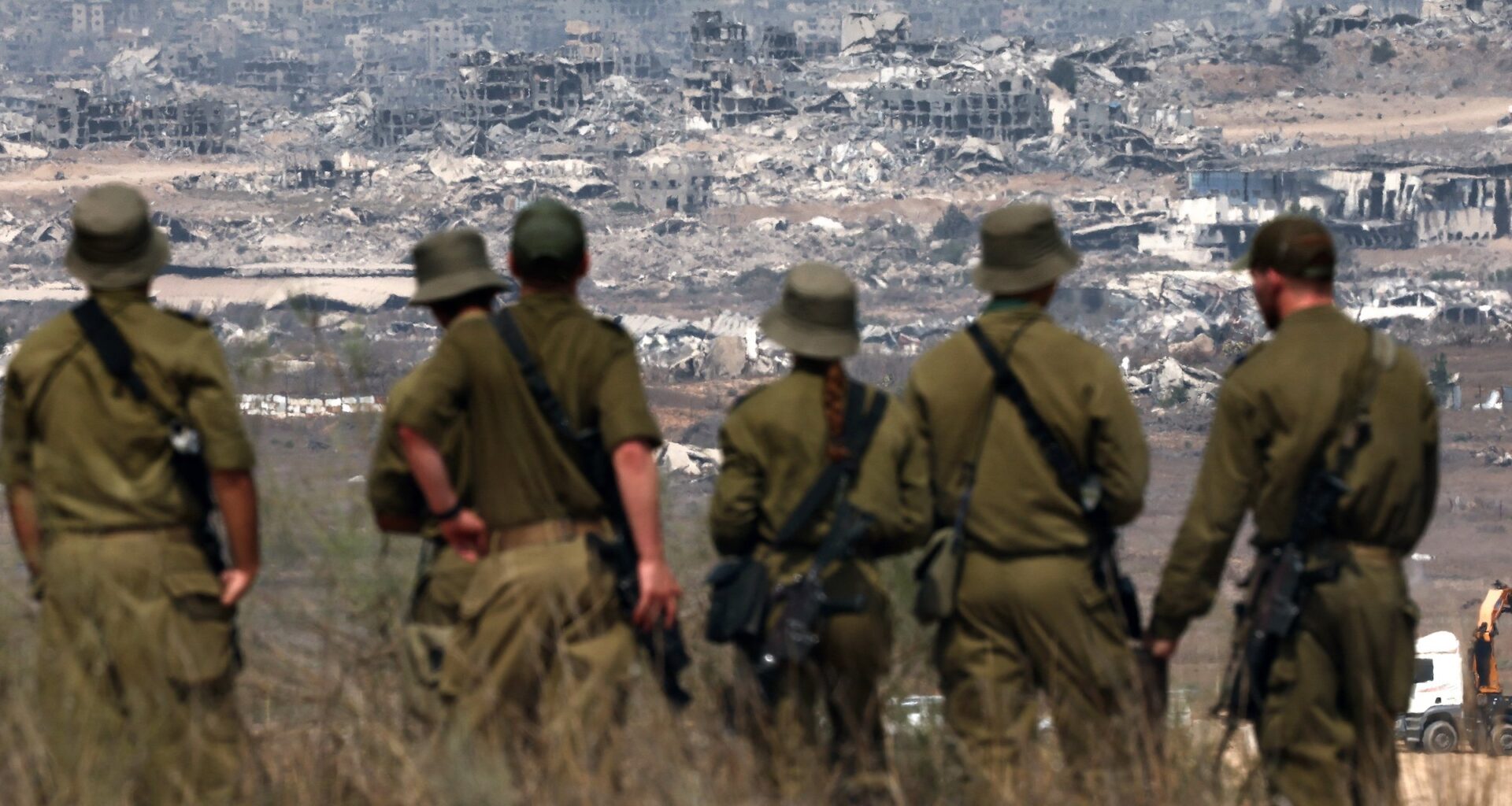South Sudan’s government refuted reports of the talks, though they shine a light on Israel’s approach.
Did you know that Truthout is a nonprofit and independently funded by readers like you? If you value what we do, please support our work with a donation.
Israeli authorities are reportedly in discussions to resettle Palestinians to war-torn and hunger-stricken South Sudan, as Israel seeks to advance its plans for the forcible expulsion of all Palestinians from the Gaza Strip.
The Associated Press reported on the talks on Tuesday, citing six sources familiar. This includes former Bush administration official Joe Szlavik, the head of a U.S. lobbying firm, as well as South Sudan civil society leader Edmund Yakani.
Egyptian officials told AP that they have been lobbying against the proposal to resettle Palestinians in South Sudan. Szlavik said that the U.S. isn’t directly involved in the discussions, but is aware of them; officials in South Sudan are seeking favors in return from U.S. officials, according to Szlavik.
Get reliable, independent news and commentary delivered to your inbox every day.
However, South Sudan’s government “firmly” refuted the Associated Press’s report on Wednesday.
“These claims are baseless and do not reflect the official position or policy,” the government said.
Israel struck the home of another prominent reporter in Gaza City just after killing six journalists on Sunday.
Haaretz also cited an Israeli source who said that there are “quiet” talks to find a partner in Israel’s ethnic cleansing project, but “there has been no progress beyond that at this stage.” Israeli media reports that Israel’s deputy foreign minister is traveling to South Sudan on Wednesday for the first official visit by an Israeli government official to the country.
Even if the reported talks don’t progress, it raises significant human rights concerns that Israeli officials would consider such a plan. Expelling Palestinians to South Sudan would mean that Palestinians would go from one humanitarian catastrophe to another.
Violence has plagued South Sudan for years, with the country on the brink of civil war. Food insecurity is at its worst point since South Sudan gained independence in 2011, UN officials say, with parts of the country on the verge of famine and 7.7 million facing severe food insecurity. Hundreds of thousands of people have fled South Sudan in recent months alone, while millions have been internally displaced in recent years due to violence.
Foreign powers, including Israel, have played a major role in fueling this violence and instability. The UN has previously warned Israel against selling weapons to militants in South Sudan saying that the arms sales are fueling violence against civilians in the region, helping to create the horrific conditions faced by people in the country today. In fact, Israel had sold weapons to South Sudan ahead of the country’s civil war that began in 2013, despite arms embargoes from the EU and the U.S. at the time.
For months, Israel has been seeking partners for its horrific and illegal plan to force Palestinians out of Gaza and “allow” them, as Israeli Prime Minister Benjamin Netanyahu has said, to be expelled to other countries. Arab countries have refused, saying that they fear Israel will never allow Palestinians to return.
However, Israeli and U.S. groups are reportedly seeking to demonstrate financial incentives for countries to accept Palestinians. Last week, Financial Times reported that U.S. firm Boston Consulting Group has modelled economic scenarios for Palestinians to relocate, including potential economic benefits for countries that accepted people.
As Trump tightens his authoritarian grip on free speech, independent media is increasingly necessary.
Truthout produces reporting you won’t see in the mainstream: journalism from on the ground in Gaza, interviews with grassroots movement leaders, high-quality legal analysis, and more.
Our work is possible thanks to reader support. Help Truthout catalyze change and social justice — make a tax-deductible monthly or one-time donation today.
This article is licensed under Creative Commons (CC BY-NC-ND 4.0), and you are free to share and republish under the terms of the license.

